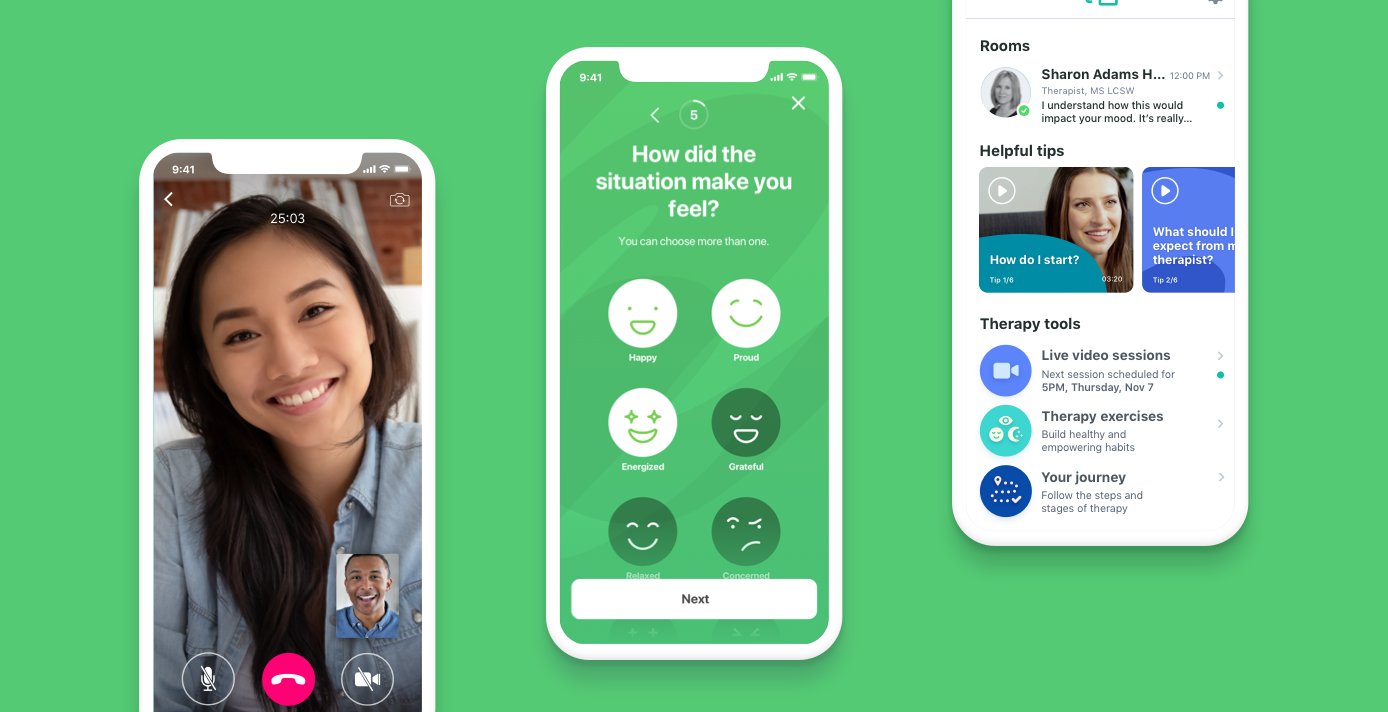- Digital MD
- Posts
- Top HealthTech Breakthroughs: Apple’s Sleep Apnea Tech, Zevra’s Rare Disease Drug, and More
Top HealthTech Breakthroughs: Apple’s Sleep Apnea Tech, Zevra’s Rare Disease Drug, and More

Welcome to this week’s edition of Digital MD, let’s dive in. From Apple’s FDA-approved sleep apnea feature to Zevra’s new life-saving therapy for rare diseases, we explore the innovations that are transforming care delivery. Stay tuned for cutting-edge developments in AI, digital tools, and medical devices. Stay tuned for a bonus newsletter this week with some exciting news.
🚨 REMINDER: Nominate deserving pioneers of health tech for the Innovators Award 2024 recognizing exceptional achievements and leadership in advancing healthcare technology. Submit your nominations by September 27, 2024, and help us honor those transforming the future of healthcare. 🚨
Latest Podcast Episode
Join Dr. Liz Kwo on for a deep dive into the future of value-based care with Ian Chiang, venture capital investor at Flare Capital Partners. Learn how Ian’s journey from McKinsey to Cigna and now investing in health tech startups is shaping the healthcare landscape. In this episode, explore how value-based care models are impacting healthcare by prioritizing patient outcomes and efficiency, and hear Ian’s insights on the challenges and opportunities ahead.
Tune in for the full episode👇
Featured Article
Top Insights of the Week
Startups, Therapies and Devices
Apple receives FDA clearance for sleep apnea and hearing aid technology
The Watch Series 10 sleep apnea feature measures whether a user has moderate to severe sleep apnea based on a new metric called Breathing Disturbances.
The device uses software algorithms and the accelerometer to analyze signals gathered over multiple sleep sessions to determine if the wearer is at risk for sleep apnea.
FDA Approval Makes a Zevra Drug the First Therapy for Rare and Fatal Metabolic Disease
A Zevra Therapeutics drug is now the first FDA-approved therapy for an ultra-rare, inherited metabolic disorder whose effects on the central nervous system can become fatal by the time a patient is a teenager.
The drug, acrimoclomol, treats Niemann-Pick disease type C (NPC).
Device Blindsight gets FDA breakthrough device designation
Blindsight is an experimental implant aimed at restoring vision in individuals who have lost sight in both eyes.
Blindsight implants a microelectrode array into the visual cortex of a person’s brain. The array then activates neurons, providing the individual with a visual image.
Senseonics receives FDA clearance for one-year CGM
Senseonics and commercial partner Ascensia Diabetes Care received clearance from the Food and Drug Administration for the first implantable glucose sensor that can be worn for one year, doubling the wear time of Senseonics’ current sensor.
The continuous glucose monitor (CGM), called Eversense 365, is implanted just under the skin. A removable transmitter is worn on top of the skin using adhesive. It can be used by adults with Type 1 or Type 2 diabetes.
AI, Digital Tools and Partnerships
UTHealth Houston collaborates with OpenAI to offer clinicians HIPAA-compliant ChatGPT solutions
The university will deploy ChatGPT Education Tool, an OpenAI product built for universities. The university version includes all the capabilities of the publicly available ChatGPT with enhanced security and privacy, higher message limits, and the ability to create custom large language models and share them within the university.
WebPT, Intel RealSense Technology Unite partner on AI for physical therapy
Physical therapy software and EMR provider WebPT is partnering with tech giant Intel to integrate Intel RealSense PT Metrics into the WebPT EMR platform for physical therapy providers, allowing for AI-enabled motion-capture technology.
The technology was previously used for motion capture for various sports, and Intel says it is now bringing it into healthcare for physical therapy treatment delivery through the partnership.
Amazon inks digital health partnership with Talkspace, adds mental health provider to health conditions program
By adding Talkspace to the program, individuals can discover and enroll in their health insurance benefits for mental health services at no extra cost or for a small copay.
General Catalyst launches institute to boost global resilience through innovation
Venture capital firm General Catalyst announced the formation of the General Catalyst Institute, an organization that will work with governments and public policy leaders globally to facilitate the adoption of new technologies to create global resilience.
The organization's top priorities will be to work closely with governments to shape public policy to support startups using emerging technologies, educate governments on transformative technologies, create public policy tools and guidance for startups to scale and innovate responsibly, and develop partnerships and networks with government, NGOs, academics and experts.
Iris Telehealth launches Virtual Clinic with AI insights for behavioral health
The behavioral health managed services organization works with healthcare providers to enhance the behavioral healthcare departments of the largest and smallest clinics, from entire health systems down to community mental health clinics
Canary receives patent for neural network-powered speech analysis
Canary Speech, an AI-enabled voice biomarker technology company, was awarded a patent for the development of its paired neural networks for speech analysis, which is aimed at advancing the field of voice biomarker technology.
The patent covers a paired neural network system to improve AI-powered speech analysis. It enables precise monitoring of subtle changes in an individual’s voice by comparing it with previous samples.
Report
McKinsey’s latest Future of Wellness research—which surveyed more than 5,000 consumers across China, the United Kingdom, and the United States - finds that consumers are taking greater control over their health—and expect companies to provide effective, science-backed solutions.
Telehealth utilization increased nationally in June
In June, telehealth utilization increased nationally and in the West, Northeast and South, but decreased in the Midwest, according to FAIR Health's Monthly Telehealth Regional Tracker.
Nationally, telehealth claim lines rose from 4.82% of medical claim lines in May to 4.89% in June, an increase of 1.5%.
Thought Leadership
Interested in prolonging life? Check this short out below.
Stay tuned for more content! Don’t forget to like, comment, and subscribe 😃









Reply